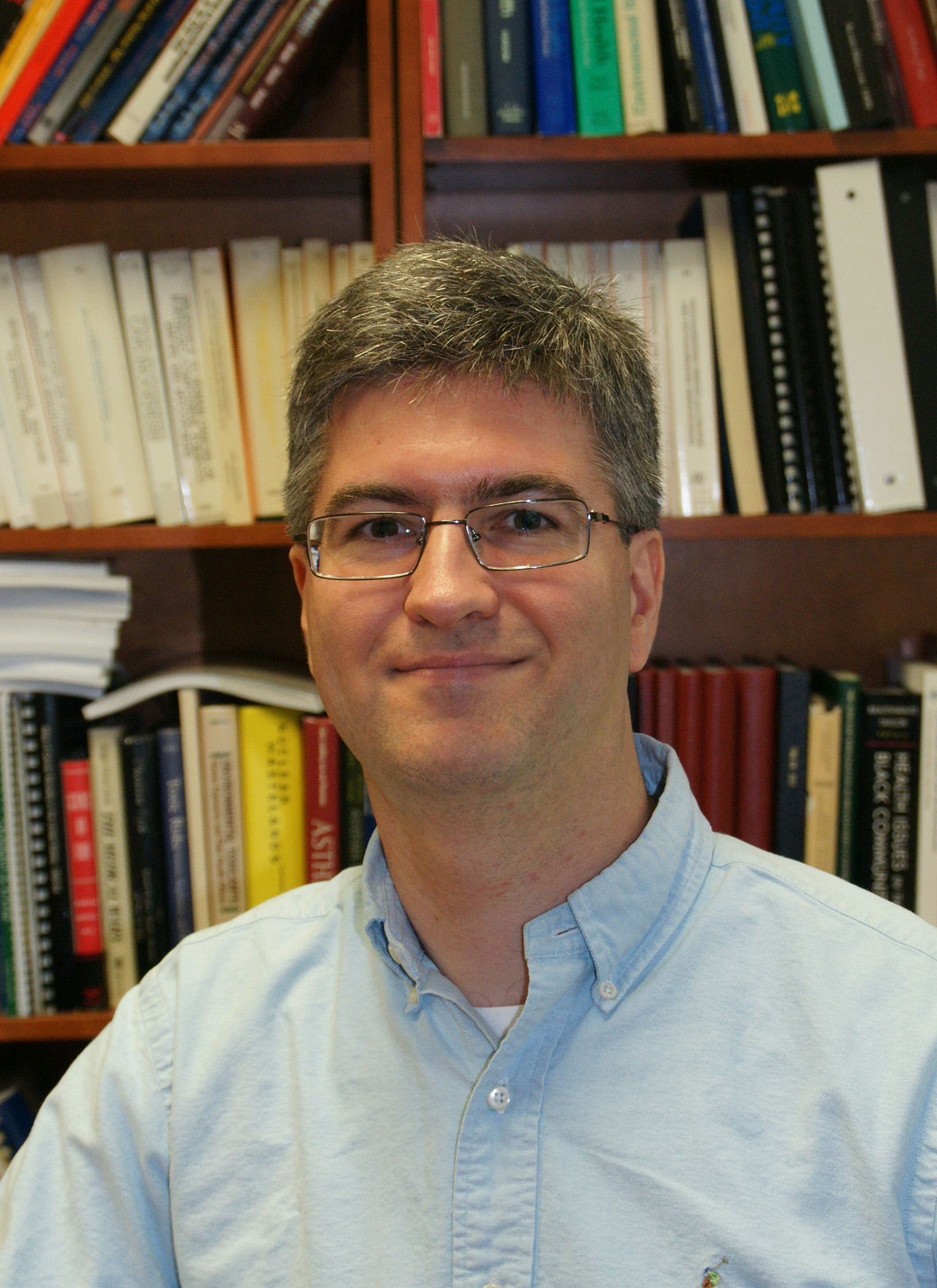Building upon UGA’s strengths in cutting-edge infectious disease research, the University System of Georgia Board of Regents provided funding in 2007 to hire seven new faculty members working at the forefront of infectious disease prevention and control.
Since arriving at UGA, these researchers have garnered more than $15 million in new grant funding, primarily from federal agencies such as the National Institutes of Health, for research addressing major global health challenges.
“The board of regents investment in infectious disease research provided a unique opportunity to recruit strategically to bridge existing strengths in veterinary medicine, ecology, tropical and emerging diseases, and vaccine development as well as the rapidly expanding the new College of Public Health at UGA,” said Duncan Krause, director of UGA’s Faculty of Infectious Diseases and a professor of microbiology in the Franklin College of Arts and Sciences. “The resulting synergy has been exceptional.”
Their studies promise to continue to enhance the research enterprise at UGA and foster new partnerships, both within the UGA Faculty of Infectious Diseases, which brings together researchers across UGA colleges and schools, and with researchers globally.
“A particular strength of the faculty members recruited through the board of regents initiative is their ability to identify promising collaborative opportunities that enable new research capabilities and often spawn new research directions,” Krause said.
For example, Andreas Handel and Andrew Park both use mathematical modeling to understand the complex dynamics of infectious diseases. Handel’s studies include influenza, tuberculosis and noroviral gastroenteritis, and complement the strengths at UGA in human and avian flu, and tuberculosis.
Park’s research, on the other hand, emphasizes emerging infectious diseases and the evolution of host-pathogen interactions. Both are important to understanding disease outbreak events, and their findings often translate to strategies to control emergence and spread.
Dr. Chris Whalen has provided a strong nucleus in infectious disease epidemiology in the College of Public Health, around which junior faculty members such as Handel were recruited. His research focus on transmission patterns for HIV and tuberculosis in sub-Saharan Africa has likewise added significant new dimensions to UGA’s strength in tuberculosis research, while also prompting new global collaborations.
Don Harn and Biao He study very different infectious agents, but both expand UGA capabilities in vaccine development. A major research focus of the Harn lab is schistosomiasis, a disease caused by worm-like organisms found in water. This work builds upon UGA’s global leadership efforts to control this disease, including the Gates Foundation SCORE program here under the direction of Dan Colley. Harn’s research also explores how schistosomiasis can limit the effectiveness of vaccines against HIV and other viral diseases.
He has identified a virus with potential as a delivery vector for vaccines and gene therapy. This discovery has spawned multiple new collaborations with researchers at UGA and beyond.
Wendy Watford studies the mechanisms that regulate the immune system and its response to dangerous pathogens, and her lab focuses particularly on a group of proteins that bind to DNA and control the flow of genetic information used to activate and direct T cells to different threats.
Vincent Starai studies the foodborne pathogen Salmonella enterica and the causative agent of Legionnaire’s disease, Legionella pneumophila. Both of these bacteria subvert a natural process of cell membrane fusion to survive inside a host, and Starai’s lab is working to understand the biochemistry of this fusion process.
“Owing to the board of regents’ wisdom, this was a rare but very important opportunity to do a cluster hire in a research area of strategic importance for UGA and for Georgia” said David Lee, vice president for research. “Together with our existing faculty, the seven hires helped fill in the gaps in expertise and transform an excellent program into an outstanding one. Among the dividends have been increased collaborations with the Centers for Disease Control and Prevention and Emory University.”


